Interview: Medeski Martin & Wood – Unconscious Musicians (w/ John Medeski, Billy Martin, Chris Wood)
Aural States sat down with Medeski Martin & Wood while they were in town for the 2009 Traffic Jam Festival to discuss their new three-record series, Radiolarians.
AS: I’m curious about the new approach to writing and recording music that you used for Radiolarians. This year, rather than recording a studio album and then touring in support of the album, you wrote the tunes on the road the previous year and then recorded and released a new live album every 4 months.
Chris Wood: I mean, we never ever really did it like that, really. I mean, you know, we loosely did it like that, but we never had, sort of, like the latest tunes that were hits. I guess we trained our audience early on by just playing whatever we want, when we want. *laughs* They sort of get what they get. But I think for this process, part of the incentive to set it up this way where we write new music, tour, record, three times is that it is a way for us to write a whole bunch of new music together. And we didn’t have the constraints of a tradional record deal since we were doing it ourselves. We put out a lot more material, and we’ve always wanted to do that becuase it’s so long in a traditional record deal between each record. It’s like a year and a half sometimes, and by the time the record comes out you’re already sick of the music.
AS: I was surprised by how fast each installment came out. A lot of well-established bands are experimenting with making records without a deal. Do you think that the internet is helping democratize music?
Billy Martin: It’s complicated… it’s hard to know how people are talking about the music, passing it around, buying it, and ripping it or whatever. It’s hard to know. The internet makes it less transparent, in a way.
CW: It seems like for everything that’s inspiring and exciting about it, there’re things that are overwhelming and bogging down the business side of it — and we were just talking to our manager recently about this — because there are so many different avenues to put out music, and because of that it’s been created for a manager. There is exponentially more work because all these little things require decisions and contracts and managing of some sort or another or paperwork, you know, it’s just an incredible amount of work.
AS: More than the old days, photocopying press kits and booking gigs?
John Medeski: Well, I mean it’s different now becuase you know, in the early days it was the three of us gathering names and sending things and actually making the shirts and all that stuff.
BM: Selling stuff off the stage, doing our own bookkeeping, driving, doing it all.
CW: I don’t know, I guess we’ve never been one of those bands that makes most of their income from CD sales. We make it from touring, but from a manager’s or business point of view trying to manage the music that gets out into the world since CD sales are so down, you try to take advantage of all these others avenues. But just to get all that happening creates so much work because instead of just dealing with the record company, you are dealing with this website, that website, your MySpace, Twitter, Facebook, CDBaby, iTunes, Amazon.com, it’s so much to keep track of. It’s exciting and challenging.
BM: All the music we’ve been releasing, it’s a lot this past year. So we’re busier working on the music, recording it than others years so that’s the difference. Then how do we release a CD every 4 months for the past year and now a boxed set.
AS: How does tripling your recorded output change your creative process?
BM: Well, that’s why we created this schedule for seasonal recording where we write a set of music for that time that we’re in, whatever we’re into and that makes us produce more. We are the kind of people that can create that, and by setting this schedule up we finally are getting more music out. We could record a arecord every day.
JM: It’s allowing us to do that. It’s easy for us. I mean we could do 5x as many records, it’s just a matter of you know it takes time to record, it’s gotta be mixed…it’s not a question of coming up with the material. This is just a chance for us to open a few more holes in the creative box to let some stuff out. It’s in there all the time.
CW: Get us in a room together. Give us a deadline. We’ll come up with a bunch of stuff.
JM: Yeah, in a way we created it as a form for us to work with. “Hey, how can we structure the year so that we can lose as much money as possible and make as much music as possible?”
And we did it. *all laugh*
BM: If we could cut the money out and just create music all the time and just maybe this plan of making money doing music–
JM: It’s over.
BM: It’s more about the music.
JM: That’s how we started!
BM: I know!
AS: Are you conscious of your audience?
CW: It depends on the audience. It depends a lot.
JM: We play for our audience is as far as it goes.
CW: It’s like when you meet someone for the first time. Whether you feel a strong expectation that maybe is so strong that maybe it makes you want to go this way instead of the way that they want to go. Ultimately… in general, we’re focused on what’s going on on the stage, in the music. There is a lot of improvisation going on, and the feel of the music is so important that most of our attention is on each other. Just listening to what’s happening and not whatever is going on out there.
JM: We’re just trying to create a certain energy together. We’re trying to get to a certain place… and that involves the audience. It’s almost like you can’t — and every venue is different — it’s almost like you even separate the venue, the audience. There’s a feeling you get from the room and people in it. Sometimes you can’t even see the people and sometimes they are right in your face. Every room is so different.
AS: In terms of “writing a set of music for the time you’re in”, how much is your music affected by what’s going on in the world? For example, to me, “End of the World Party (Just in Case)” seemed very timely around the start of the Iraq War.
JM: I would say totally, but not consciously. We decided to do this — I don’t know when — before a lot of changes happened. I think it’s natural for a musician that, especially if you’re in touch with where music really comes from, you’re going to be in tune with what’s goin on. It’s not an intentional thing, like we’re going to “be political.” We’re reacting to what’s going on. That’s kind of how music works as a force in the world. As a healing force or whatever it is music does…as an inspiring force, it’s got to interact with what’s going on. I had never even thought about that before until you just said that. It’s definitely 100% what it’s all about. We go deep within ourselves to create, we’re not conscious musicians… *all laugh*
Related posts
- Matmos Interview Part 3 of 3 (w/ Drew, Martin)In this, the final installment of the Matmos interview, Martin...
- Matmos Interview Part 2 of 3 (w/ Drew, Martin)I had originally intended to post this interview in two...
- Interview: Matmos (w/ Drew Daniel, Martin Schmidt)A couple Tuesdays ago, I got a chance to talk...
- Interview: The Secret Machines (w/ Brandon Curtis)[Audio clip: view full post to listen] MP3: The Secret...
- Interview: The Rosebuds (w/ Ivan Howard)Aural States: What is your background and history together? Is...



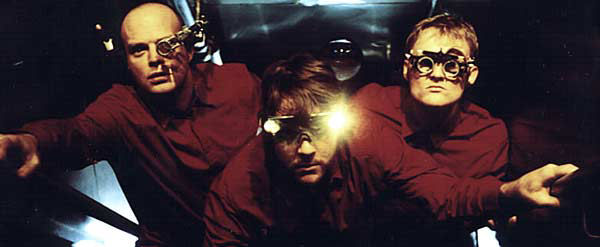


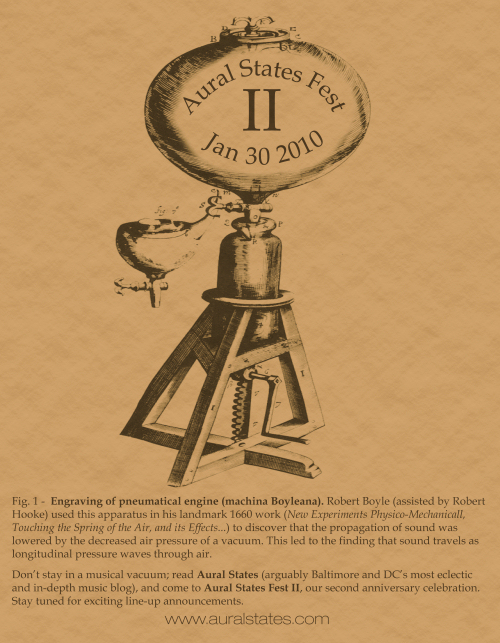
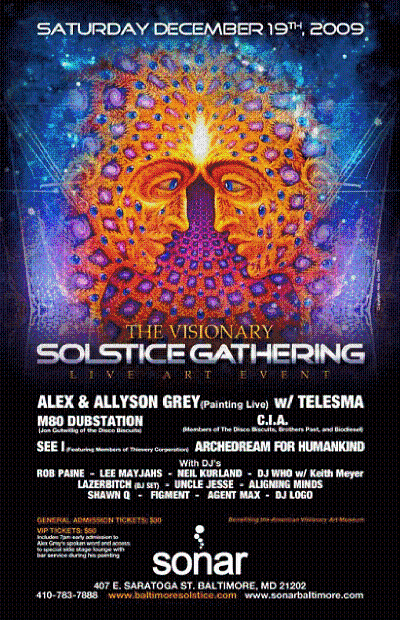









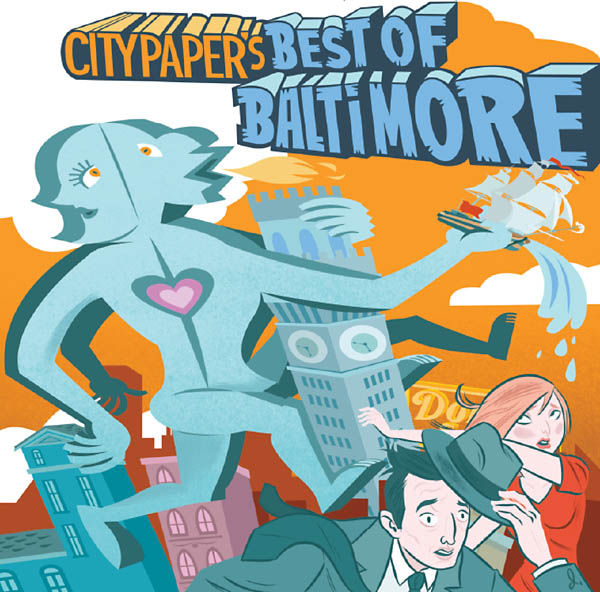
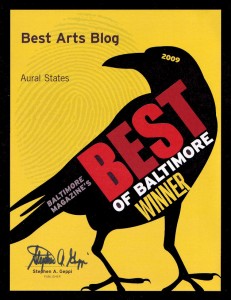


 Double Dagger: Masks EP
Double Dagger: Masks EP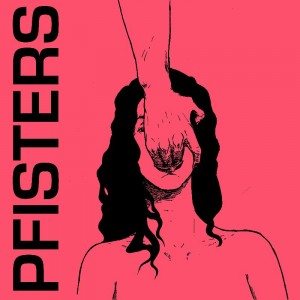 Pfisters: Narcicity
Pfisters: Narcicity Lizz King: All Songs Go To Heaven
Lizz King: All Songs Go To Heaven Imperial China: Phosphenes
Imperial China: Phosphenes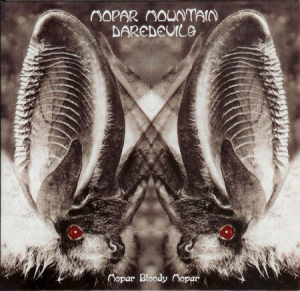 Mopar Mountain Daredevils: Mopar Bloody Mopar
Mopar Mountain Daredevils: Mopar Bloody Mopar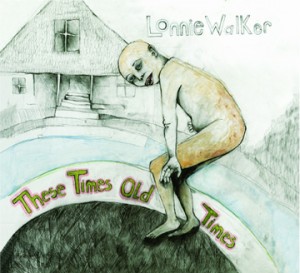 Lonnie Walker: These Times, Old Times
Lonnie Walker: These Times, Old Times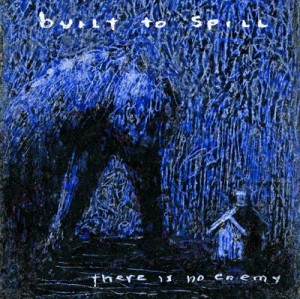 Built to Spill: There Is No Enemy
Built to Spill: There Is No Enemy Hypnotic Brass Ensemble: Hypnotic Brass Ensemble
Hypnotic Brass Ensemble: Hypnotic Brass Ensemble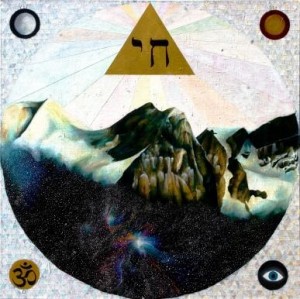 Secret Mountains: Kaddish EP
Secret Mountains: Kaddish EP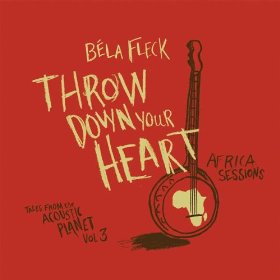 Bela Fleck: Throw Down Your Heart: Tales From the Acoustic Planet, Vol. 3 -Africa Sessions
Bela Fleck: Throw Down Your Heart: Tales From the Acoustic Planet, Vol. 3 -Africa Sessions Lands & Peoples: Lands & Peoples EP
Lands & Peoples: Lands & Peoples EP Caleb Stine: Eyes So Strong and Clean
Caleb Stine: Eyes So Strong and Clean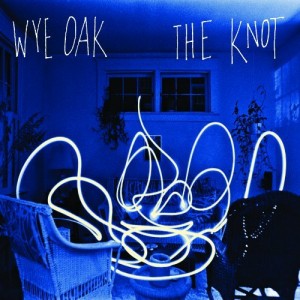 Wye Oak: The Knot
Wye Oak: The Knot Pontiak: Maker
Pontiak: Maker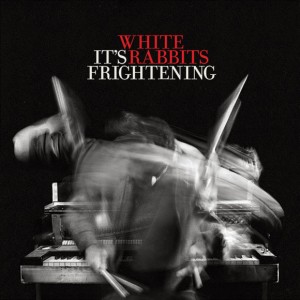 White Rabbits: It's Frightening
White Rabbits: It's Frightening Dirty Projectors: Bitte Orca
Dirty Projectors: Bitte Orca Double Dagger: More
Double Dagger: More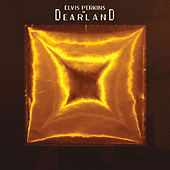 Elvis Perkins in Dearland: Elvis Perkins in Dearland
Elvis Perkins in Dearland: Elvis Perkins in Dearland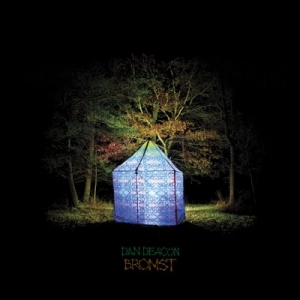 Dan Deacon: Bromst
Dan Deacon: Bromst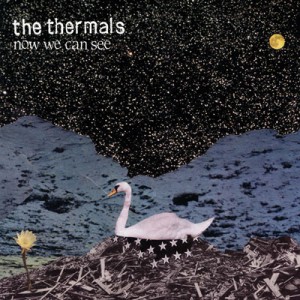 The Thermals: Now We Can See
The Thermals: Now We Can See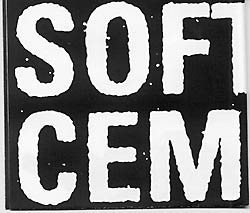 Soft Cement: Think About It EP
Soft Cement: Think About It EP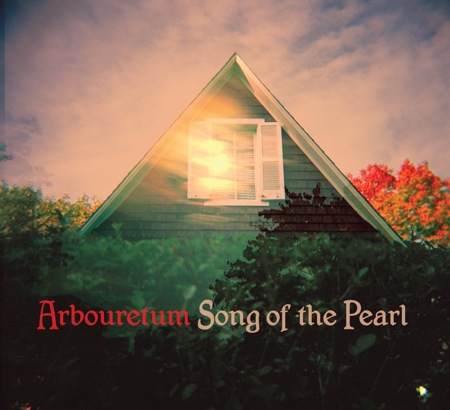 Arbouretum: Song of the Pearl
Arbouretum: Song of the Pearl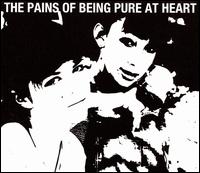 The Pains of Being Pure at Heart: The Pains of Being Pure at Heart
The Pains of Being Pure at Heart: The Pains of Being Pure at Heart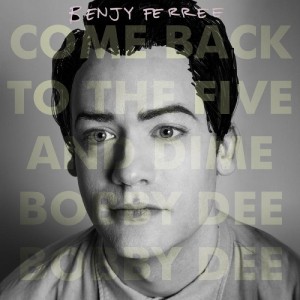 Benjy Ferree: Come Back to the Five and Dime, Bobby Dee Bobby Dee
Benjy Ferree: Come Back to the Five and Dime, Bobby Dee Bobby Dee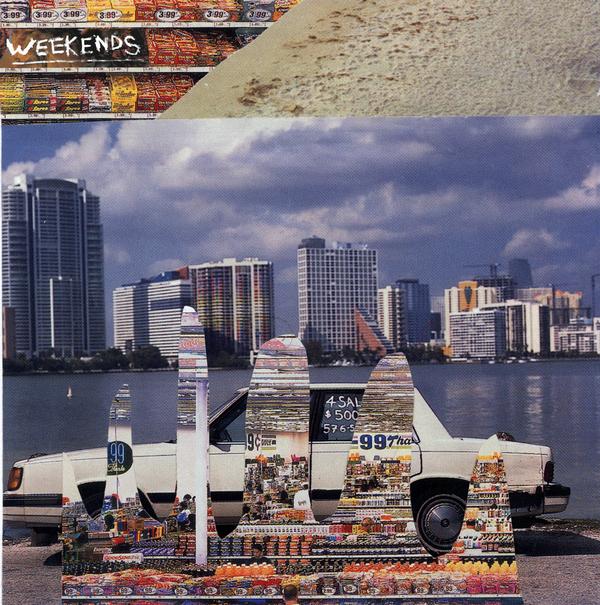 Weekends: Weekends
Weekends: Weekends Height With Friends: Baltimore Highlands 12" LP, Limited-Run Vinyl Only
Height With Friends: Baltimore Highlands 12" LP, Limited-Run Vinyl Only Caverns: Kittens! EP
Caverns: Kittens! EP Little Joy: Little Joy
Little Joy: Little Joy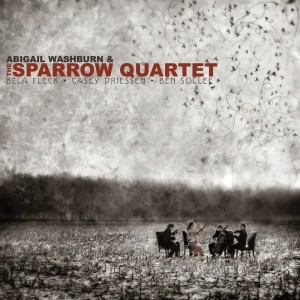 Abigail Washburn & the Sparrow Quartet:Abigail Washburn & the Sparrow Quartet
Abigail Washburn & the Sparrow Quartet:Abigail Washburn & the Sparrow Quartet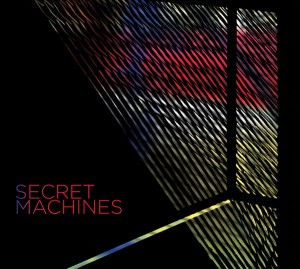 The Secret Machines: Secret Machines
The Secret Machines: Secret Machines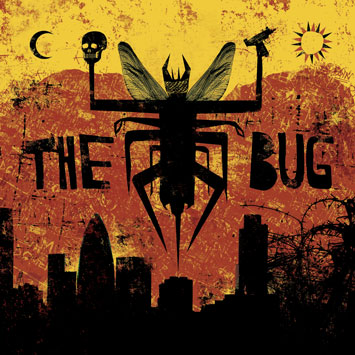 The Bug: LondonZoo
The Bug: LondonZoo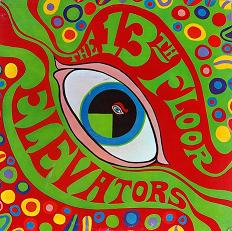 13th Floor Elevators: Psychedelic Sounds of the 13th Floor Elevators (Vinyl Mono LP only)
13th Floor Elevators: Psychedelic Sounds of the 13th Floor Elevators (Vinyl Mono LP only) Arbouretum/Pontiak: Kale (Vinyl LP only)
Arbouretum/Pontiak: Kale (Vinyl LP only) Small Sur: We Live in Houses Made of Wood
Small Sur: We Live in Houses Made of Wood AbeVigoda: Skeleton
AbeVigoda: Skeleton ImperialChina: Methods: EP
ImperialChina: Methods: EP